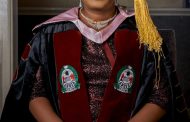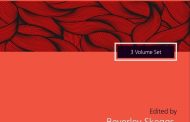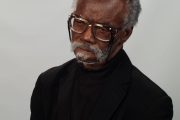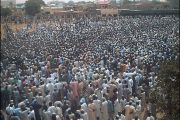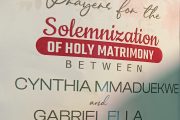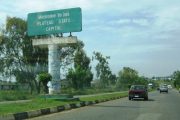It is now two full weeks since Prof Attahiru Jega, the immediate past Chairman of the Independent National Electoral Commission, (INEC) threw the bombshell that academics involved in the conduct of the 2019 elections compromised the process. According to Daily Trust, (April 18th, page 14), Jega who spoke as Chairman of the opening session of a two-day conference of Fulbright Alumni Association of Nigeria at Bayero University, Kano told his listeners how “the politicians, through crooked means, got alliances with lecturers in the university to compromise the system and they perpetrated all sorts of irregularities which paved way for the continued entrenchment of bad people in governance”. Perhaps, to bring out the sense in which his notion of ‘bad people’ might be understood, Jega added: May be I am preaching to the converted or I am talking nonsense but frankly speaking, I am beginning to think that we are not taking the obligations of scholarship and intellectual engagement with the seriousness it deserves”.
It is either Prof Attah Jega knows the caliber of professors he was naming and shaming when he made the allegation or he was hungry for a war which could escalate. Two full weeks after the landmark electoral whistle blowing, it seems safe to conclude that the Bayero University professor of political economy knows the caliber of professors and academics he was talking about. They are not the type who would fire back. Granted that the relative diversity of Jega’s experience from activism to academic leadership and INEC Chairmanship makes him a guru very few would want to take on, there would still have been verbal missiles since April 17th, 2019 when the former INEC Chairman threw the bombshell if it were some of the professors who largely came to personify the Nigerian university system.
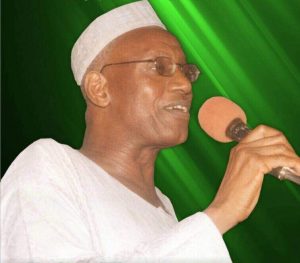
The late Dr Yusuf Bala Usman
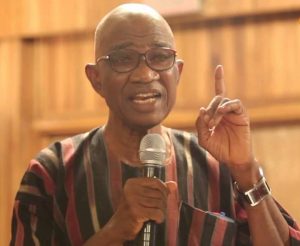
Prof Toye Olorode
It is unimaginable that a Professor Eskor Toyo, Eme Awa, Bala Usman, Okwudiba Nnoli, Omafume Onoge, Claude Ake, Toye Olrode, Asisi Asobie, Abubakar Momoh, to name just a few would keep quiet in the face of the disrobing. As the old folk saying goes, the silence of the tortoise is its own manner of accepting complicity. Logically, Nigerians can infer that the silence of the professors and lecturers involved in the conduct of the 2019 is their own way of accepting complicity in the allegation Jega threw at them, meaning a wholesome interrogation of the entire programme of involving very senior academics in the conduct of elections.
Those who should know speak of it as a classic paradox. The whole idea of importing academics at that level was precisely on the ground that they are inherently custodians of values that guaranteed thoroughness and integrity. It would be difficult to easily tempt them with cash rewards or browbeat them because they have their former students in every sector of the society – from military commanders to commissioners of police, top bureaucrats and even businessmen. As such, handing over the apex segment of the electoral process to that select crop of Nigerians was thought to be a way of guaranteeing electoral integrity. It worked to a great extent in 2015, so goes the assessment. It is between 2015 and 2019 that observers began to notice anomalies.
But, until Prof Attahiru Jega – the person who brought that into being spoke out – it remained one of the juicy gists that circulated within restricted circles beyond which it never leaked. And so categorical was Jega in speaking out eh! If the guru could be that categorical, might this then not be the end of the road for the programme? But even then, would it end just like that without some critics making a wider claim from the specifically electoral allegation against the professors and lecturers?
Senator Rabiu Musa Kwankwaso has already expressed fury that a named professor is part of the people teaching Nigerian undergraduates. It is worrisome that the Senator is only just knowing that but his statement is still significant. Kaduna based Muslim cleric, Dr Ahmad Abubakar Gumi, recently told a newspaper that “we are not surprised because they are the people who have already corrupted university education by collecting money from students and sexual gratification…”. By ‘they’, he was referring to university lecturers and professors.
Ordinarily, it is unlikely that academics with the moral and epistemic authority that define professorship would decline the fight Jega had declared. This must be a very intriguing professorial silence!




